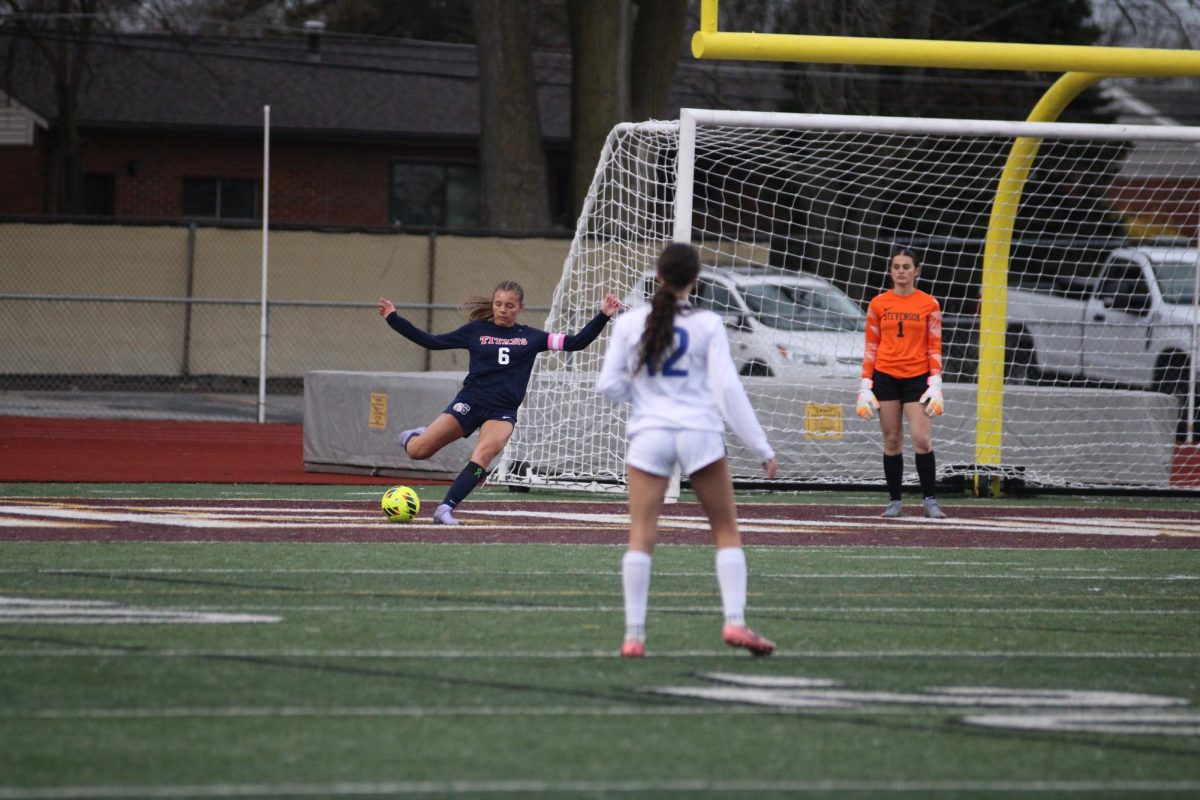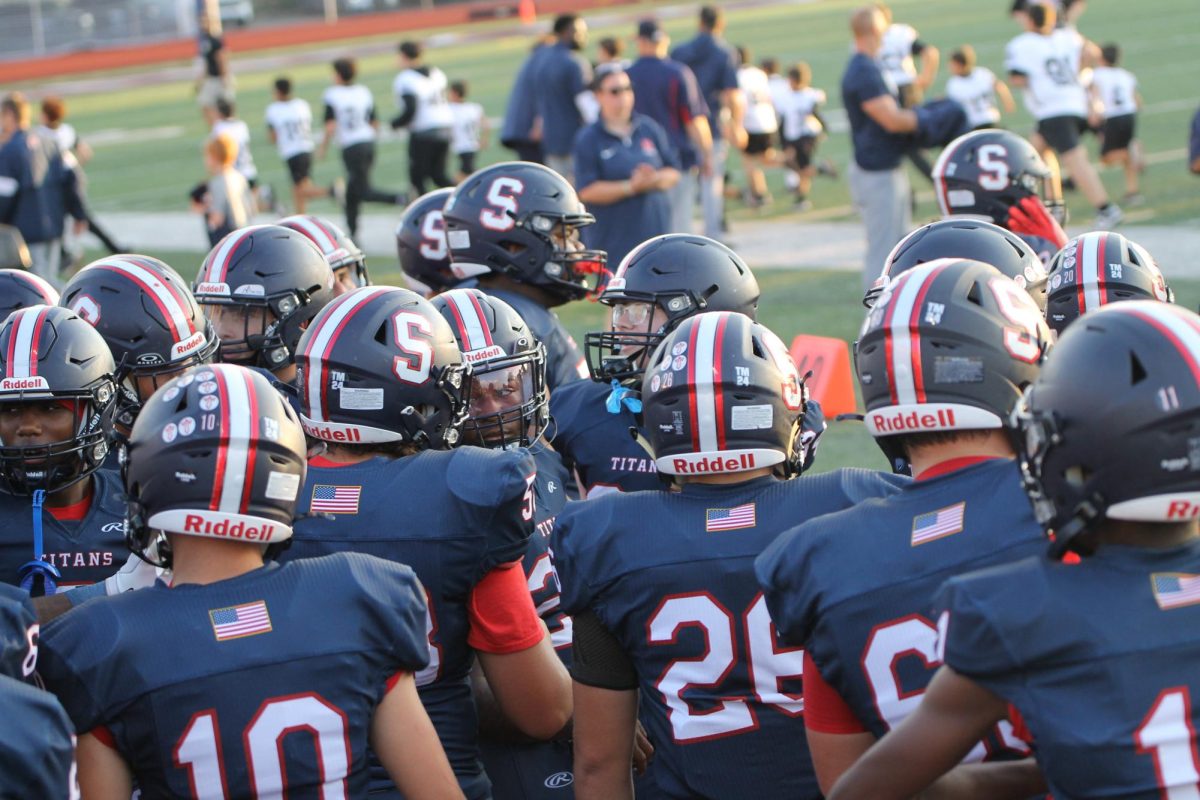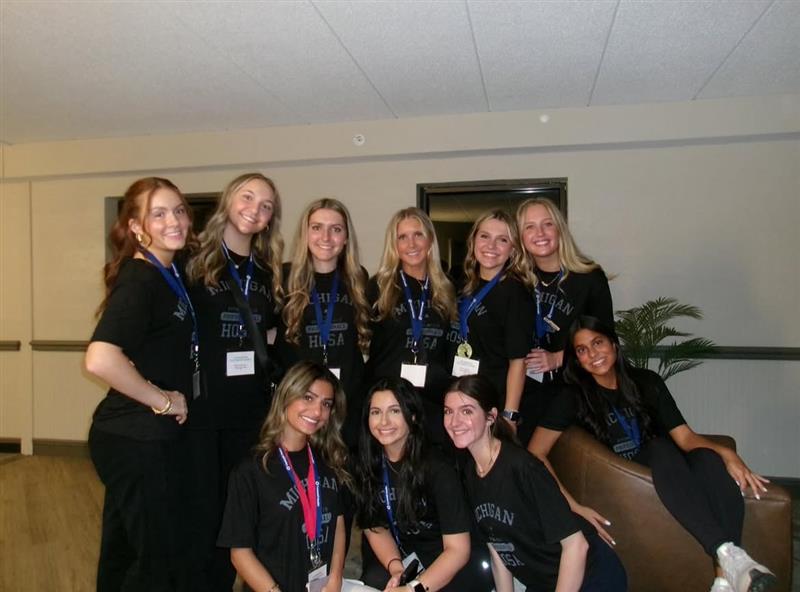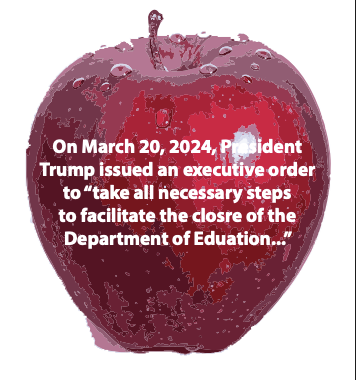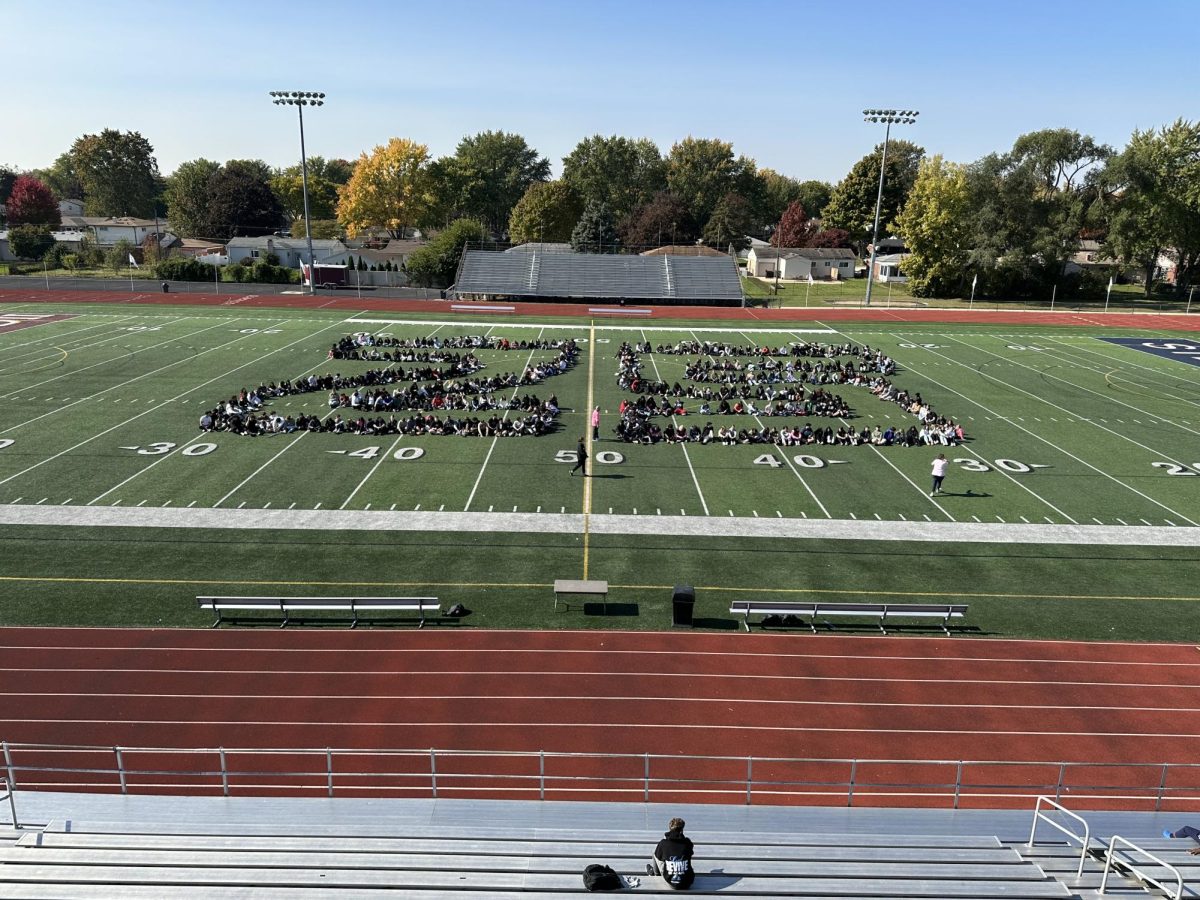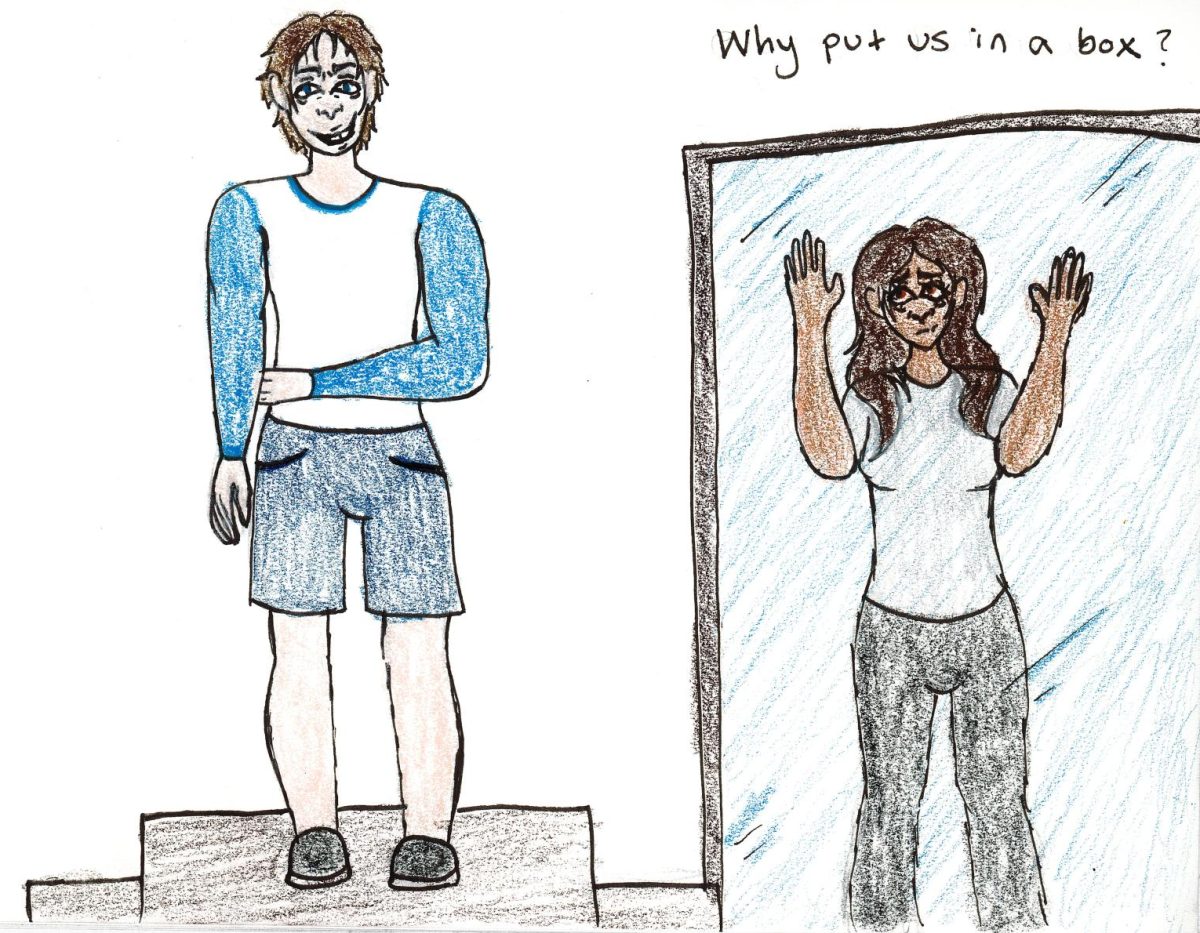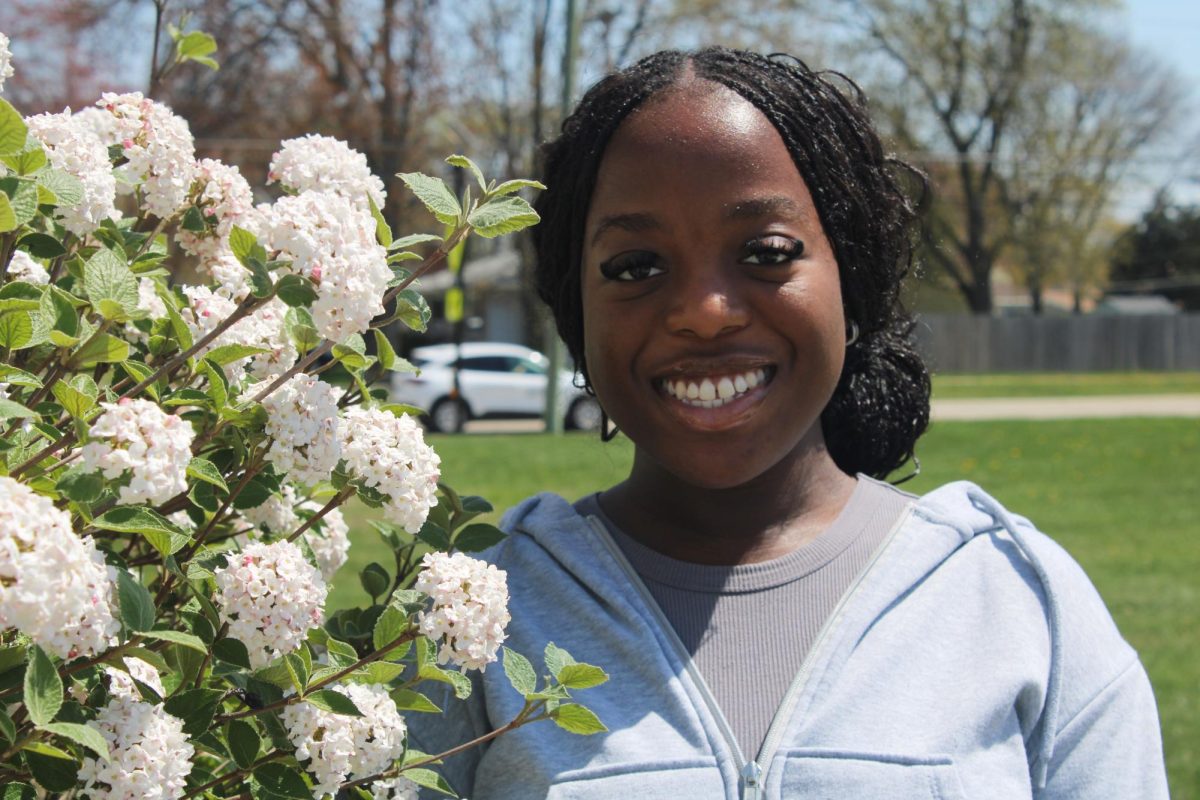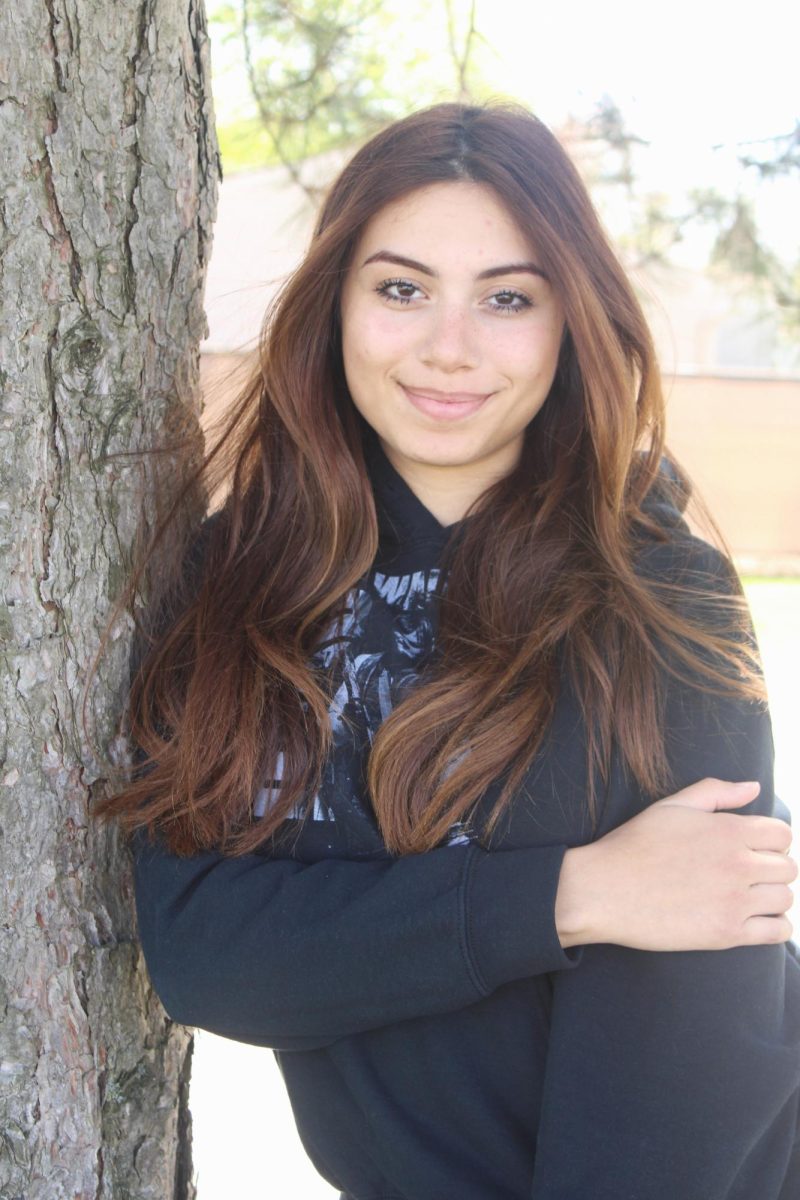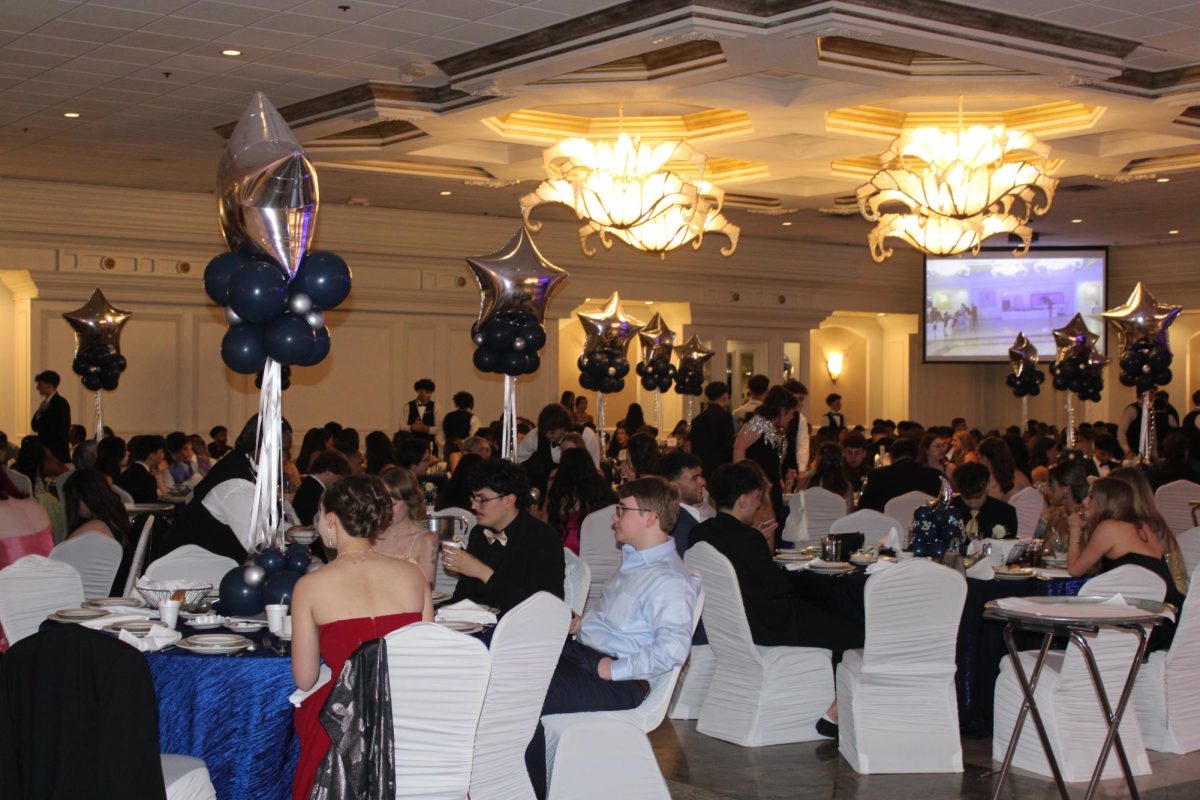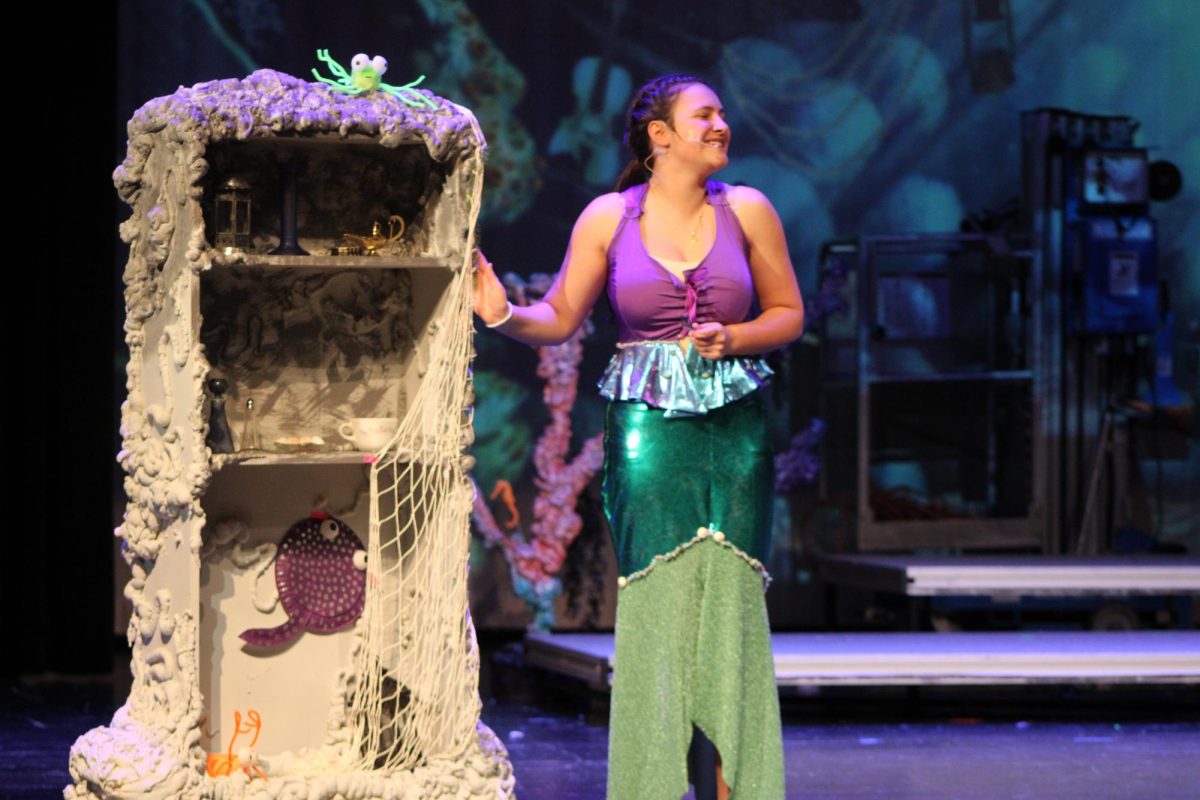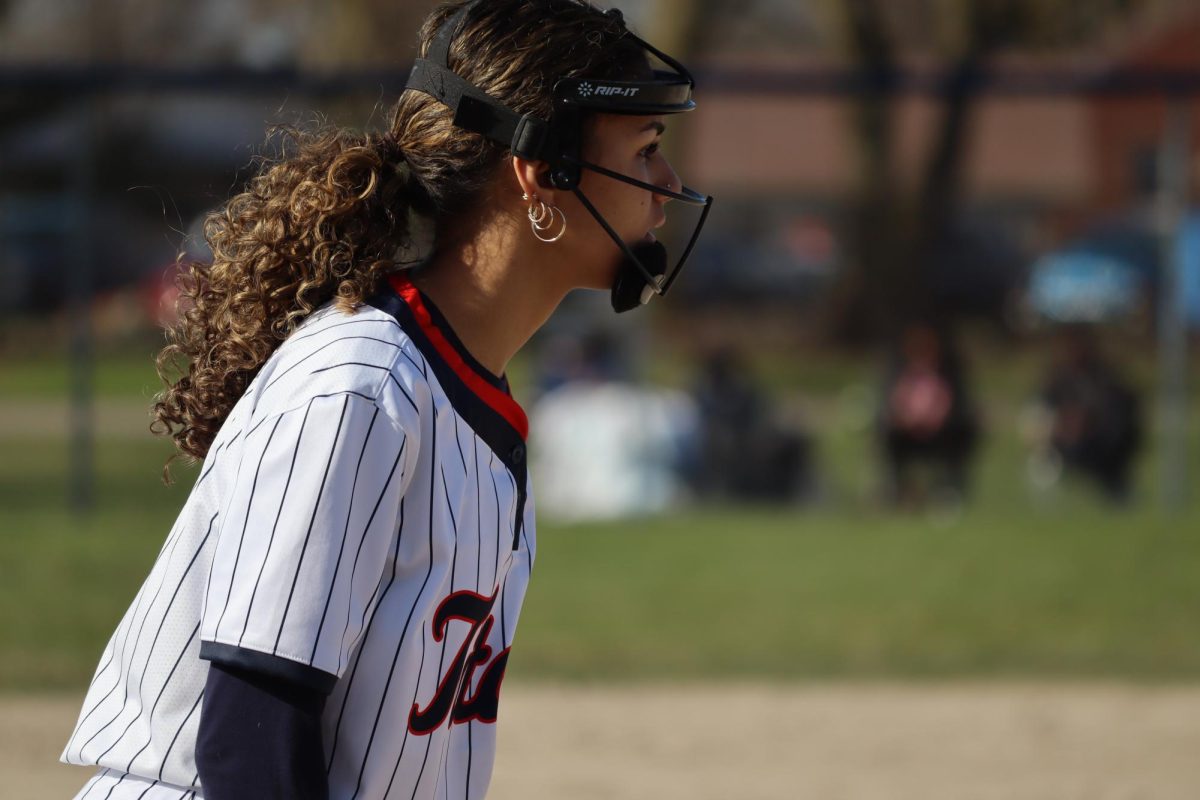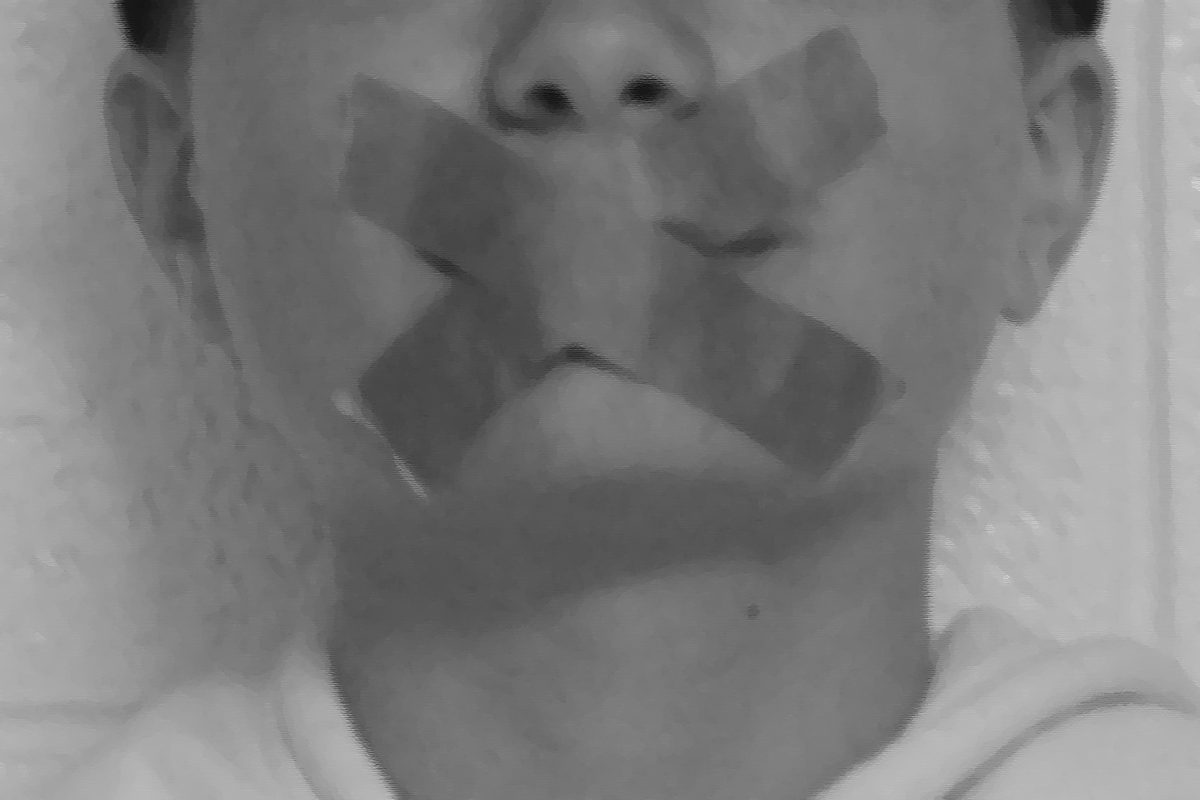I’m in fifth hour, I briefly stepped out of class to use the bathroom and just get some air, and I ran into some boys in the hallway. I ended up in some meaningless conversation with them when suddenly, a random boy, who I assumed was their friend, walks up and dabs them up while saying, “What’s up my N-word.”
Shocked, I looked at the boys to see how they would respond. Instead of condemning their friend, they just gave me a timid smile as their friend walked away. In that moment, I felt unconformable. I knew there was no one I could talk to about the situation because I don’t feel supported at school.
The N-word is not just another word in the English language; it carries a deep, painful history that many non-Black individuals don’t fully understand. Using this term casually can be harmful and disrespectful. As a Black young woman, it’s disheartening to see my peers use this word without recognizing its history or the pain it causes in our community.
The N-word has a long and troubling past. According to Project MUSE, the “N-word” originally described a category of labor, but it soon became a tool for oppression.
This practice allowed whites to shift the blame onto Black individuals, portraying them as self-hating “N-words” and further entrenching white supremacy in American society. This history shows that the power of the word is rooted in centuries of racism and violence. When non-Black people use it, they are invoking a painful history that is not theirs to claim.
When my father moved from Nigeria to America, he experienced the harsh realities of racism that Black people face. While in medical school, he had a white roommate who looked down on him solely because of his skin color. When this roommate used the N-word and made degrading comments about Black people, it revealed a shocking level of ignorance and hate.
My father confronted him, resulting in a physical fight. He moved out, but this story has stuck with me as a warning: people may judge me based on the color of my skin, but I must remember my worth and resilience. This personal history illustrates that the effects of using the N-word extend far beyond a single moment; they reflect a wider culture of racism and disrespect.
At my school, I often hear non-Black students using the N-word in conversation, thinking it’s just slang. This careless usage is not just disrespectful; it perpetuates a cycle of harm. For many Black students, it reduces our history and struggles to a mere trend, causing uneasiness in spaces where we should feel safe. It’s vital that non-Black individuals understand the impact of their words and recognize that using the N-word is never acceptable.






